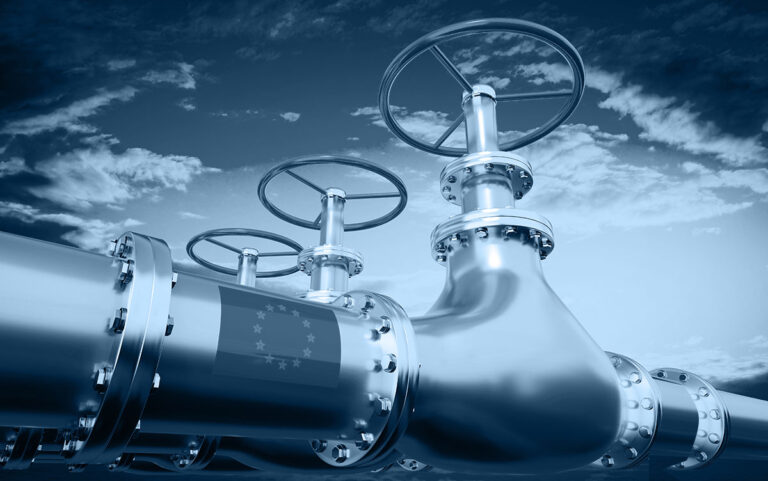Nigeria is seeking $25 billion in investments to develop a major offshore gas pipeline that will supply natural gas to Europe through Morocco, according to Vice President Kashim Shettima. The announcement was made during a meeting with energy trading firm Vitol Group at the Presidential Villa in Abuja.
The proposed Nigeria-Morocco Gas Pipeline will stretch along the West African coast, serving as a key element in the country’s long-term economic and energy agenda. Vice President Shettima emphasized that the project aligns with President Bola Tinubu’s broader reforms, including the removal of fuel subsidies, exchange rate unification, and a revamp of the tax system—all aimed at creating a more favorable investment environment.
Shettima noted that while Nigeria has traditionally been associated with crude oil, its energy future lies in natural gas. With one of the largest gas reserves globally—ranking eighth—he stressed the importance of leveraging this resource to drive industrial growth and energy security.
He called on global players such as Vitol to partner with Nigeria in advancing its energy transition, particularly through investments in liquefied natural gas (LNG) and associated petroleum gas (APG) infrastructure. Beyond funding, he emphasized the critical need for technical expertise to bring the pipeline project to life, pledging transparency and efficiency in its execution.
During the meeting, Vitol’s Chief Financial Officer, Jeffrey Dellapina, reiterated the company’s enduring engagement with Nigeria. He cited Vitol’s involvement in trading, infrastructure financing, and collaborative ventures with public institutions as evidence of their continued commitment.
Vitol’s Head of Public Affairs, Murtala Baloni, also highlighted the company’s strong relationships with Nigerian stakeholders. He pointed to Vitol’s $300 million investment in Project Gazelle, a crude oil-backed forward sale arrangement with the Nigerian National Petroleum Company Limited during the height of the COVID-19 pandemic, as an example of its strategic support.
The Nigeria-Morocco pipeline, once realized, is expected to serve as a crucial channel for delivering West African gas to European markets, positioning Nigeria as a central player in global energy transition efforts.

